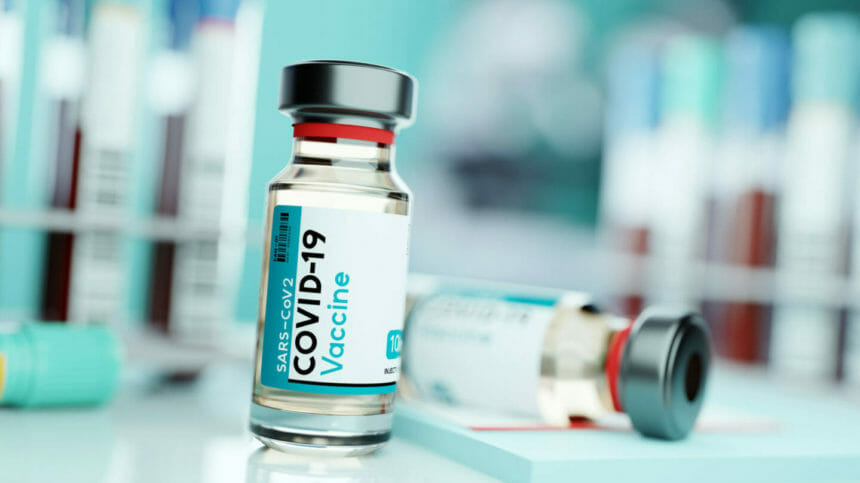
The second dose of a COVID-19 vaccine offers a serious boost to a part of the immune system that provides broad antiviral protection, according to a Stanford University School of Medicine study. This finding bolsters the view that the second shot should not be skipped.
“The second shot has powerful beneficial effects that far exceed those of the first shot,” said Bali Pulendran, Ph.D., professor of pathology, microbiology and immunology at the Stanford University School of Medicine, one of the study’s senior authors. “It stimulated a manifold increase in antibody levels, a terrific T-cell response that was absent after the first shot alone, and a strikingly enhanced innate immune response.”
For the study, the team chose 56 healthy volunteers and drew blood samples from them at multiple time points before and after the first and second shots. Unexpectedly, Pulendran said, the vaccine — particularly the second dose — caused the massive mobilization of a newly discovered group of first-responder cells that are normally not widespread. These cells are a small subset of generally plentiful cells called monocytes that express high levels of antiviral genes.
“The extraordinary increase in the frequency of these cells, just a day following booster immunization, is surprising,” Pulendran said. “It’s possible that these cells may be able to mount a holding action against not only SARS-CoV-2 but against other viruses as well.”




